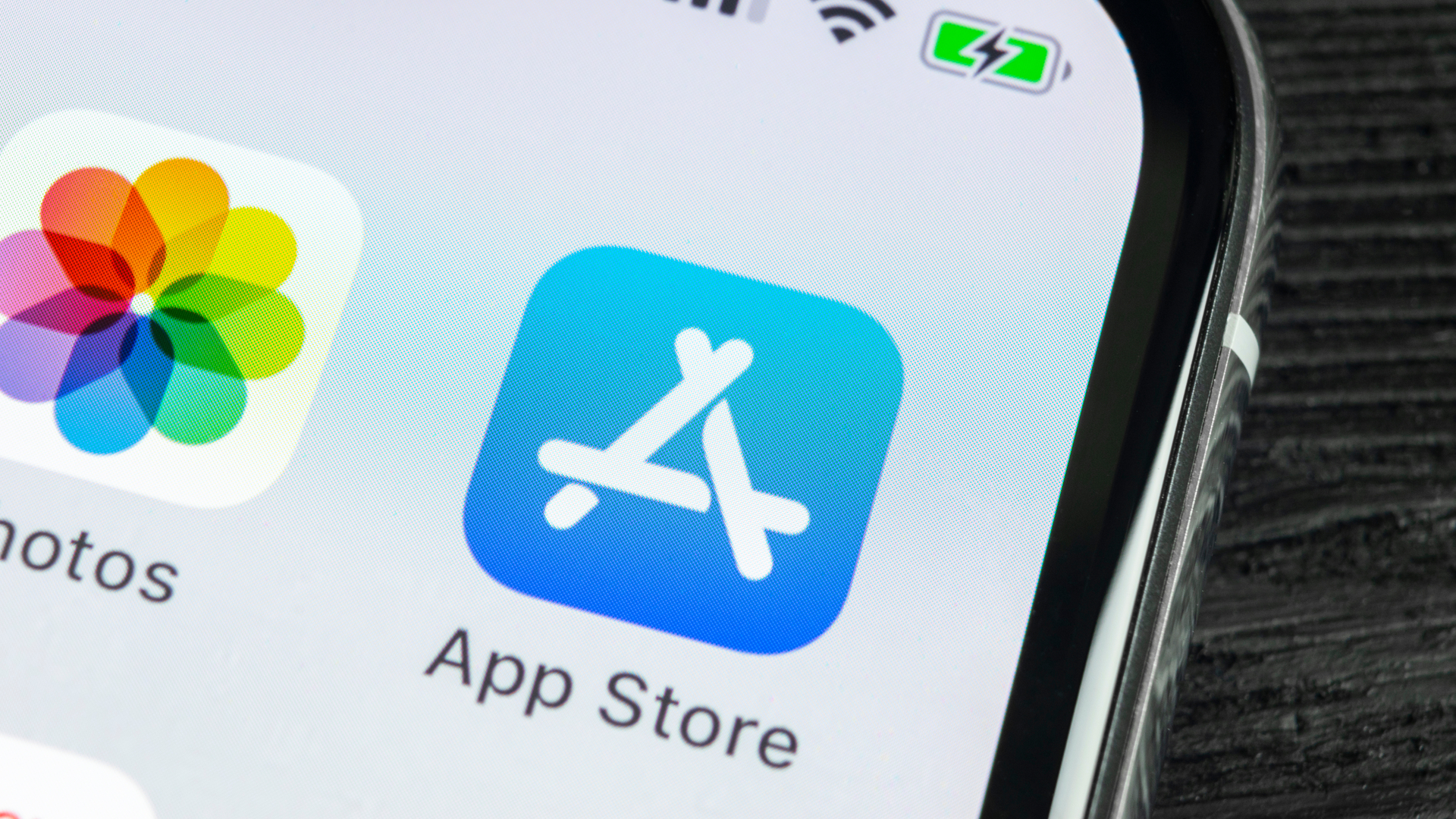Apple charged over breach of EU anti-competition rules
The tech giant could now face a fine of up to 10% of its global turnover


Apple has been charged with breaking the EU's anti-competition rules through policies governing the distribution of music streaming apps through its App Store.
The commission published a statement of objections highlighting its concerns over the mandatory use of Apple’s proprietary in-app purchase system, where it charges developers a 30% commission fee on all transactions.
The commission is also concerned by Apple’s “anti-steering provisions”, which limit the ability of app developers to inform users of alternative purchasing possibilities outside of apps.
This is the first EU antitrust charge against the tech giant, and will likely result in the company being forced to change its policies, alongside a potential fine of up to 10% of its global turnover.
“Our preliminary finding is that Apple is a gatekeeper to users of iPhones and iPads via the App Store,” said European Commission executive vice-president Margrethe Vestager.
“By setting strict rules on the App store that disadvantage competing music streaming services, Apple deprives users of cheaper music streaming choices and distorts competition. This is done by charging high commission fees on each transaction in the App store for rivals and by forbidding them from informing their customers of alternative subscription options.”
The statement of objections is a formal step in the investigation and informs the parties concerned in writing of the objections raised against them. Apple can now examine the documents, reply in writing, and request an oral hearing to present their comments on the case.
Get the ITPro daily newsletter
Sign up today and you will receive a free copy of our Future Focus 2025 report - the leading guidance on AI, cybersecurity and other IT challenges as per 700+ senior executives
A complaint lodged with the commission by Spotify in September last year argued that Apple uses its App Store to stifle innovation and limit consumer choice in favour of its own services.
An Apple spokesperson told IT Pro: "Spotify has become the largest music subscription service in the world, and we’re proud for the role we played in that. Spotify does not pay Apple any commission on over 99% of their subscribers, and only pays a 15% commission on those remaining subscribers that they acquired through the App Store. At the core of this case is Spotify’s demand they should be able to advertise alternative deals on their iOS app, a practice that no store in the world allows. Once again, they want all the benefits of the App Store but don’t think they should have to pay anything for that. The Commission’s argument on Spotify’s behalf is the opposite of fair competition.”
Spotify, Tile, and Match representatives criticised Apple in front of US Congressional leaders this month, accusing the tech giant of using its app store to further its own business interests. An antitrust hearing was held that examined competition in app stores, seeking to explore issues in platform ownership.
Spotify reported that Apple had threatened to ban the streaming music service from the app store unless it used the in-app purchases feature and paid the 30% fee Apple usually charges for the service.
Last month, the UK's Competition and Markets Authority (CMA) opened an investigation into whether Apple imposes unfair or anti-competitive terms on its app developers. The regulator is set to scrutinise Apple's 30% "app tax" and assess the company's potential dominance in the app distribution market in the UK.
Zach Marzouk is a former ITPro, CloudPro, and ChannelPro staff writer, covering topics like security, privacy, worker rights, and startups, primarily in the Asia Pacific and the US regions. Zach joined ITPro in 2017 where he was introduced to the world of B2B technology as a junior staff writer, before he returned to Argentina in 2018, working in communications and as a copywriter. In 2021, he made his way back to ITPro as a staff writer during the pandemic, before joining the world of freelance in 2022.
-
 Should AI PCs be part of your next hardware refresh?
Should AI PCs be part of your next hardware refresh?AI PCs are fast becoming a business staple and a surefire way to future-proof your business
By Bobby Hellard
-
 Westcon-Comstor and Vectra AI launch brace of new channel initiatives
Westcon-Comstor and Vectra AI launch brace of new channel initiativesNews Westcon-Comstor and Vectra AI have announced the launch of two new channel growth initiatives focused on the managed security service provider (MSSP) space and AWS Marketplace.
By Daniel Todd